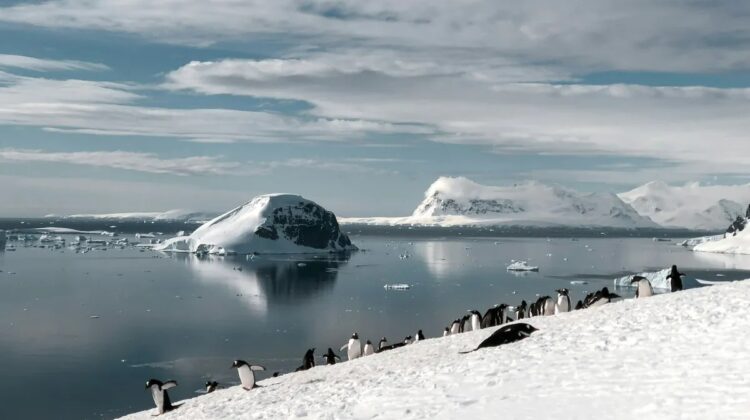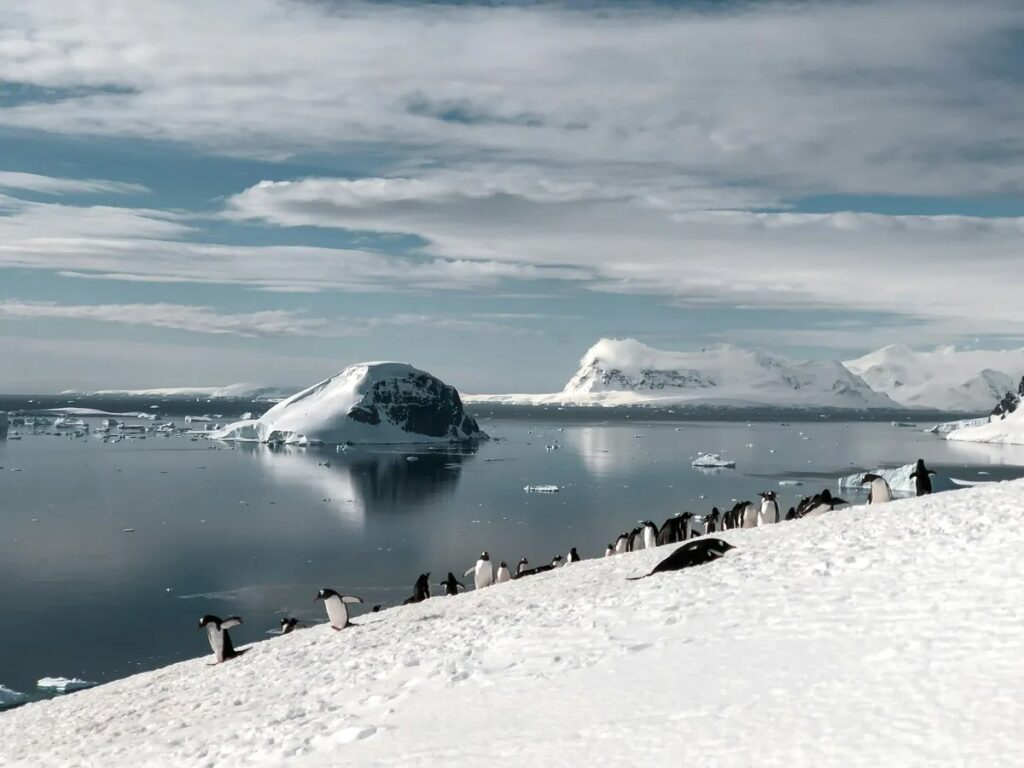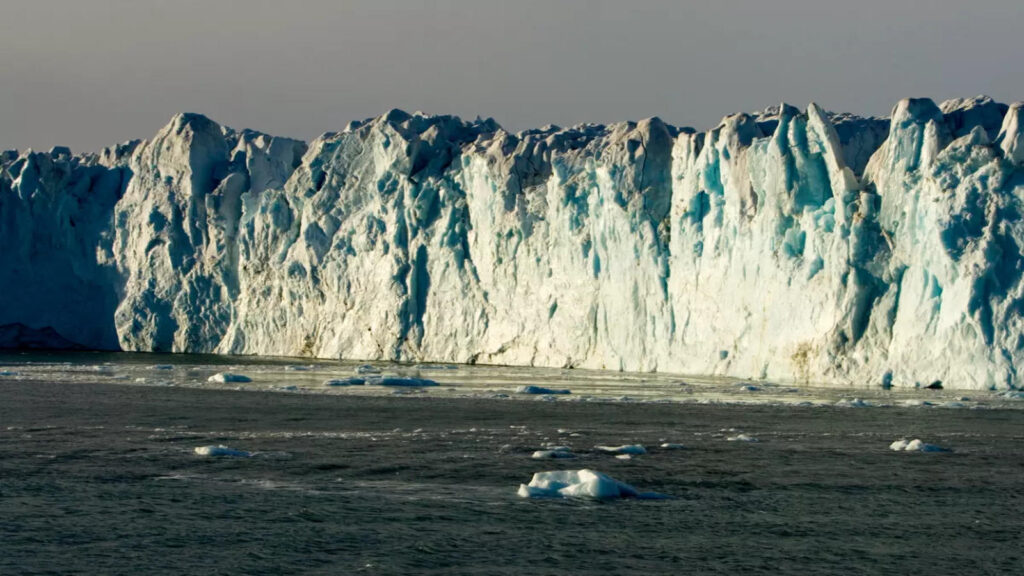
Antarctica, once a symbol of stability amidst Earth’s shifting climate patterns, is now experiencing unprecedented changes. In 2023, the continent witnessed a startling loss of 2 million square kilometers (772,204 square miles) of sea ice during winter—a dramatic departure from historical norms.
The dynamics influencing Antarctic sea ice are complex, reflecting a blend of natural variability and human-induced climate changes. However, recent research pinpoints climate change as the dominant driver behind the record-breaking minimum sea ice extent observed last year.
“According to the models, the record-breaking minimum sea ice extent would be a one-in-a-2000-year event without climate change,” explained Rachel Diamond, lead author from the University of Cambridge and the British Antarctic Survey. This assessment underscores the severity of the ice loss, indicating a rarity comparable to events occurring once in millennia absent human influence.

Image credit: Deanna Wong/Unsplash
Caroline Holmes, a co-author of the study, emphasized that climate change has amplified the likelihood of such extreme declines. “Strong climate change scenarios make it four times more likely to witness such significant sea ice reduction,” Holmes noted. This stark increase in probability underscores the accelerating impact of global warming on Antarctica’s fragile ecosystem.
Satellite observations, monitoring Antarctica’s sea ice for less than five decades, reveal a concerning trend. Unlike the Arctic, where sea ice has been steadily diminishing since the late 1970s, Antarctic sea ice extent exhibited a slow increase from 1978 to 2015 before entering a marked decline phase. The year 2023 marked a culmination in this trend with a new record low, signaling a critical juncture in the region’s climate history.

Looking forward, scientists express both curiosity and concern about future sea ice levels in Antarctica. Current models suggest that recovery from extreme ice loss events, such as that of 2023, could span over 20 years. This prolonged recovery period poses significant implications for Antarctica’s unique ecosystems, including its iconic wildlife such as whales and penguins.
“The impacts of prolonged low sea ice levels could be profound, affecting local and global weather patterns as well as Southern Ocean ecosystems,” warned Louise Sime, a co-author of the study from the British Antarctic Survey. The repercussions extend beyond ecological impacts, potentially influencing global climate dynamics and weather systems worldwide.
As Antarctica continues to navigate these unprecedented changes, understanding and mitigating the drivers of sea ice decline remain paramount. The ongoing research underscores the urgent need for global climate action to preserve Antarctica’s environmental integrity for future generations.

Leave a Reply